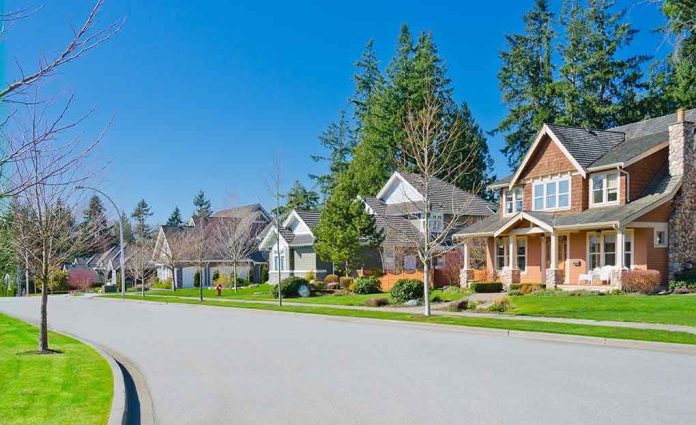
When it comes to disputes with new neighbors, the best defense is a good offense—start negotiating before the paint on your welcome sign dries.
At a Glance
- Proactive negotiation can prevent future neighbor conflicts.
- Community mediation is more effective than litigation in resolving disputes.
- Public awareness and accessibility of mediation services are key challenges.
- Early communication about common issues is crucial for maintaining peace.
The Art of Proactive Negotiation
Moving into a new neighborhood can feel like stepping onto a stage where the script hasn’t been written yet. You’re surrounded by potential co-stars—your neighbors—who can either become your best allies or your fiercest critics. The secret to a peaceful co-existence? Proactive negotiation. Addressing potential issues like parking, noise, and property boundaries right out of the gate can save you from future headaches. Think of it as setting the rules for a game before anyone starts playing.
https://www.youtube.com/watch?v=Z3HJCQJ2Lmo
The idea isn’t just to avoid conflict but to foster a sense of community. By tackling these issues head-on, you’re not just protecting your peace of mind; you’re also creating an environment where goodwill can flourish. Remember, a stitch in time saves nine—or in this case, a friendly chat saves a neighborhood feud.
Community Mediation: The Unsung Hero
When disputes do arise, community mediation is the unsung hero of conflict resolution. Unlike the courtroom drama that litigation can become, mediation is more like a heart-to-heart with a neutral third party. Studies show it’s effective at preserving relationships and reaching mutually satisfactory outcomes. Over 60% of cases handled by community mediation centers conclude with a full agreement, proving that talking things out really does work wonders.
One reason mediation is so successful is that it focuses on the interests of both parties rather than their positions. This means mediators help neighbors see beyond their immediate grievances to find solutions that work for everyone involved. It’s a bit like resolving to share the last piece of cake rather than fighting over who deserves it more.
Challenges and Opportunities
Despite its benefits, community mediation faces challenges, primarily public awareness and accessibility. Many people still view litigation as the go-to option for disputes, not realizing that mediation offers a less adversarial and more cost-effective solution. Furthermore, participation in mediation is often voluntary, which can be a hurdle if one party is unwilling to engage.
However, there’s hope on the horizon. Some municipalities and homeowners associations are starting to require or strongly encourage mediation before disputes can escalate to legal action. This shift not only relieves the burden on courts but also fosters a culture of dialogue and understanding.
The Long Game: Building Harmonious Communities
The benefits of proactive negotiation and mediation extend beyond individual disputes. In the short term, they reduce stress, prevent escalation, and preserve neighborly relations. Long-term, they contribute to more harmonious communities, lower legal costs, and less strain on the judicial system.
With the real estate sector increasingly recognizing the value of clear neighbor agreements and mediation clauses, there’s potential for widespread adoption of these practices. If more people embrace early communication and mediation, we could see a future where neighborly harmony isn’t just a dream but a reality.





